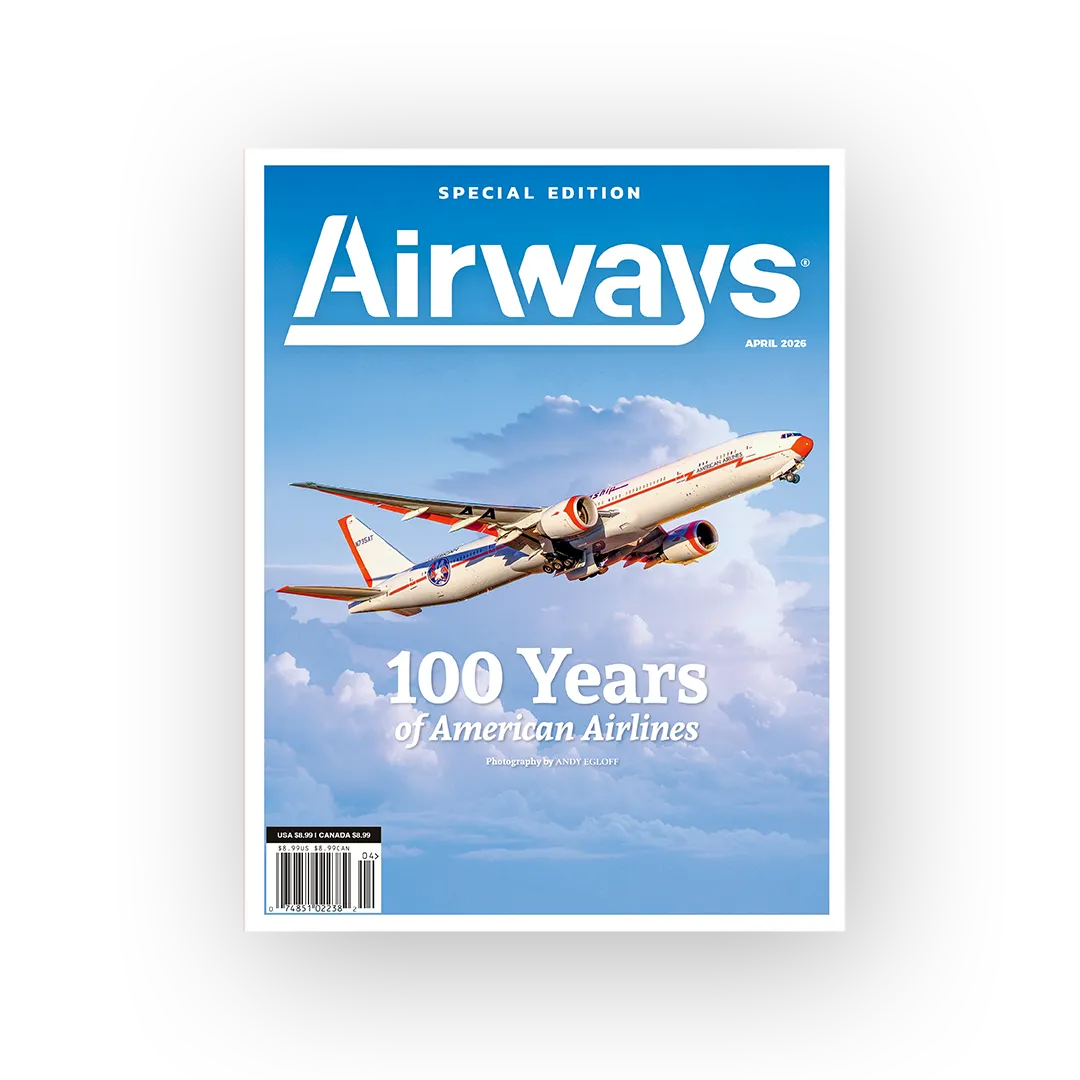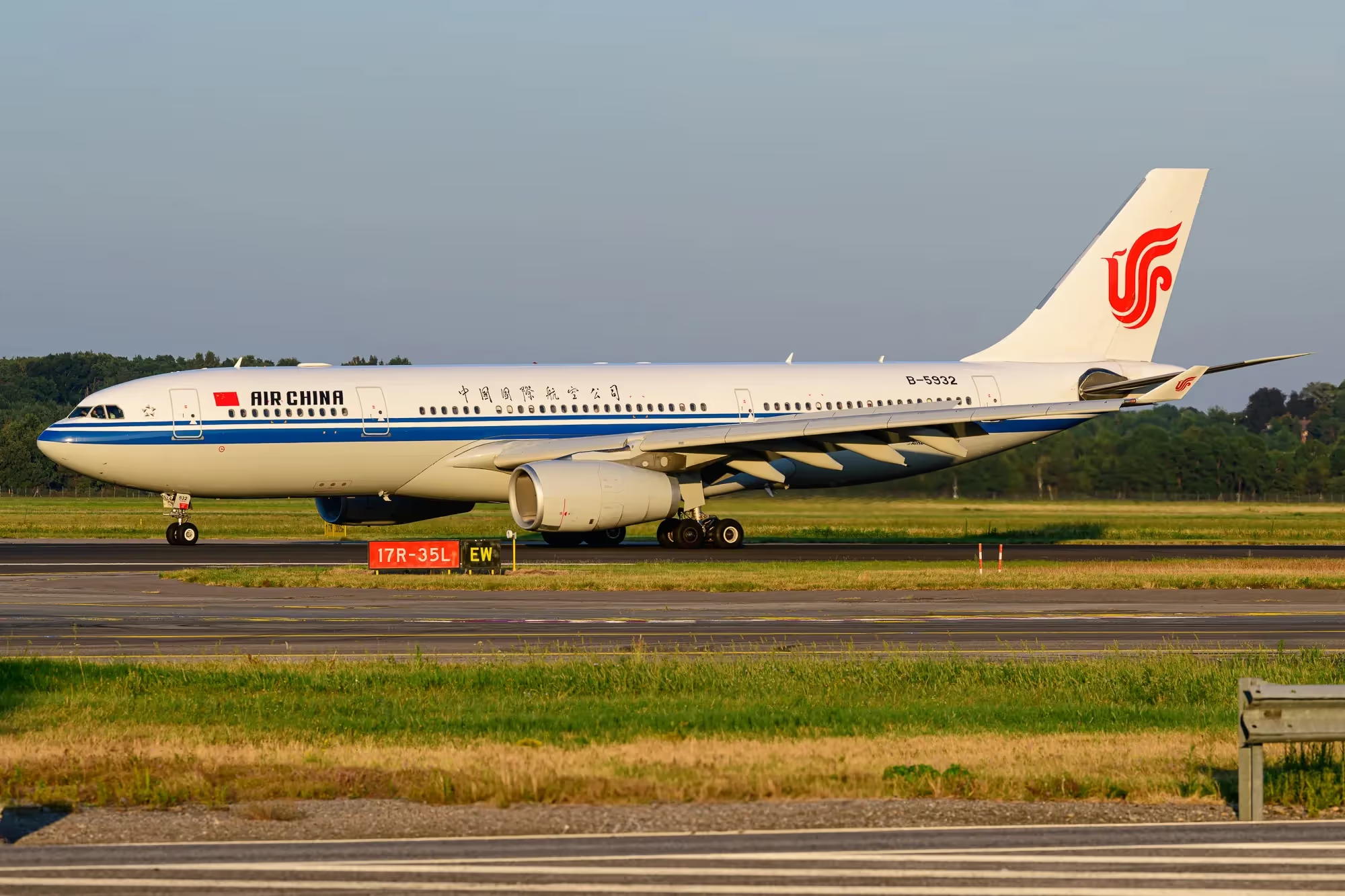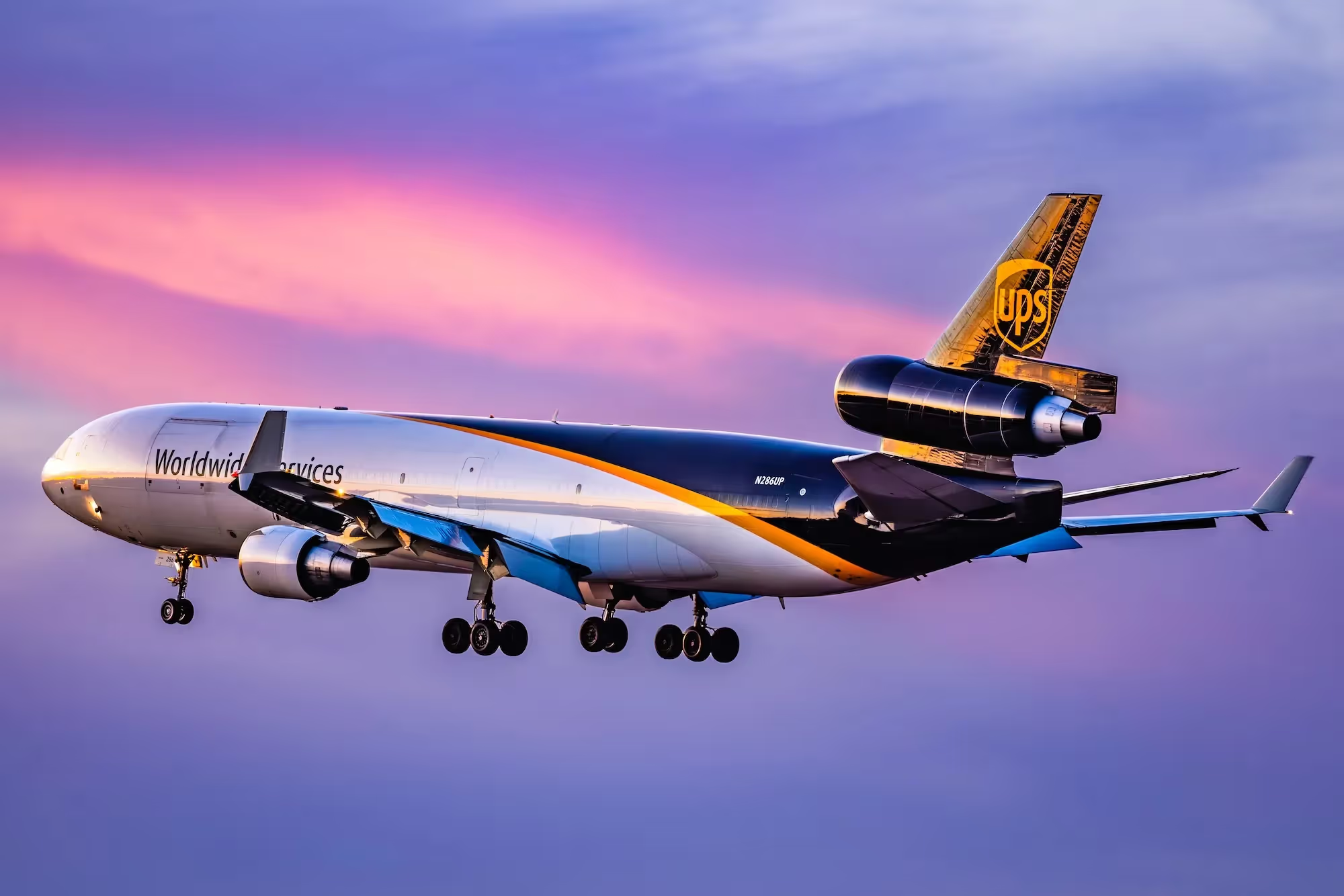DALLAS - Multiple reports have surfaced online in recent days indicating that Lufthansa (LH) has prohibited the carriage of Apple's AirTag tracking device within checked-in luggage.
Airways reached out to the airline to confirm or deny said reports. The carrier responded by saying that it had "not banned airtags and there is no guideline or regulation by Lufthansa to ban airtags. There is a standing ICAO regulation on such devices, but this has nothing to do with Lufthansa or any other carrier."
Because it allows passengers to track the location of their checked luggage after it has been checked in, the small tracking device has become a popular addition to the contents of many travelers' checked luggage.
Many of us have experienced the sinking feeling of being at the baggage reclaim when the moving belt abruptly comes to a halt and your bag is nowhere to be found. I experienced a similar situation earlier this year after arriving on a flight within Europe, and before I even registered my bag as missing, I could tell it was still at the point of departure.
When my suitcase finally arrived, I tracked its progress and was able to go to the airport and describe exactly where my bag was within the airport to the airline agent that served me.
Airlines are beginning to realize that this tracking device allows us to confirm that our bag has gone missing even before we leave the gate. A friend who is a Captain at another large European carrier, recently told me a story about how he was preparing for pushback and the cabin crew relayed an unusual message from a passenger on board.
He was informed that a passenger claimed that his checked baggage was not on board and that it must be loaded, or he would offload himself. A situation that could easily turn a flight that was scheduled to depart on time into one that is now delayed.

Role of IATA
The International Air Transport Association (IATA) establishes the rules for what can and cannot be carried on board and publishes them in their "Dangerous Goods Regulations" manual. If an existing IATA policy is deemed insufficiently robust, airlines can make minor changes to their own policies. When it comes to the transport of portable electronic devices, Lufthansa's passenger advice mirrors that of IATA.
Without getting into the specifics of the battery that powers the AirTag, IATA policy states unequivocally that, "devices in checked baggage must be completely switched off."
During Europe's recent peak travel season, staff shortages at airports and within airlines separated many passengers from their checked luggage. The IATA dangerous goods rules for transporting portable electronic devices have not changed, nor has LH's adherence to them.

Before AirTags
Back in 2016, Star Alliance carriers and RIMOWA partnered to launch a suitcase with an electronic tag incorporated. Then, they silently pulled the product off the market due to battery fire concerns.
At the time, RIMOWA, a German luxury luggage brand, and LH collaborated to create an exclusive range of bags that would make travelers' check-in experience easier. RIMOWA's aluminum and polycarbonate bags were to be redesigned with an integrated electronic luggage tag powered by an E Ink Mobius display.
Flyers could use the Lufthansa app to check in their bags via Bluetooth, which connected their smart tag to the airline and their airline ticket. LH then printed their luggage tickets, which include their destination, details, and an EU customs stripe. Limited to LH flight, it was the first time such technology was to be used.
Two years later, the electronic baggage tag that RIMOWA introduced seemed to be ending its existence prematurely as the suitcase manufacturer had already removed it from its new collection.
The Rimowa Electronic Tag's technology, particularly the battery power source, had been a cause of dispute for airlines. Many airlines, according to owners, require them to remove the batteries before the e-suitcase could be checked in.
Around 2018, SAS also conducted trials using a similar type of electronic bag tag but abandoned the idea. Before AirTags came on the scene, RFID was said to be the future tech to track luggage.
Recently, Qantas (QF) introduced its Q Bag Tag, a permanent bag tag that allows QF customers to check in their baggage easily when flying within the airline's domestic network. It's an idea other airlines should follow. Besides adding an extra revenue source from the sale of the tags, QF uses the tag for branding purposes too.
So, would you AirTag your luggage if you could? Be sure to leave our comments on our social media channels.
Featured Image: Lufthansa D-AIMC Airbus A380-841. Photo:Julian Schöpfer/Airways

.avif)
.avif)
.avif)
.avif)
.avif)



.avif)